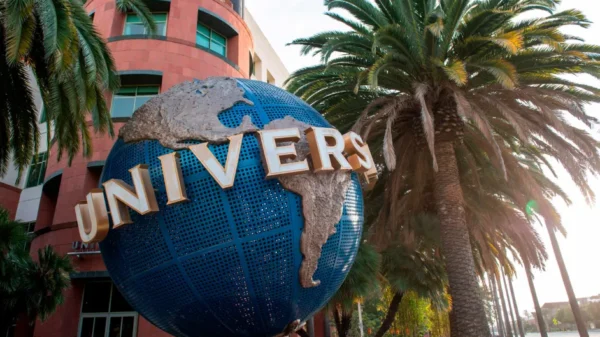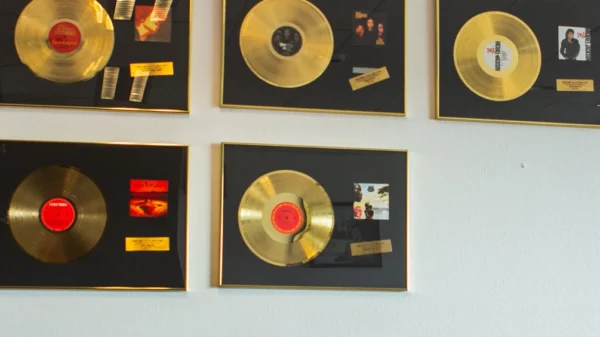The Evolution of Sampling in Music
Sampling in music refers to the practice of taking a portion, or sample, of an existing song and incorporating it into a new composition. This technique has become a fundamental aspect of modern music production, allowing artists to create unique and innovative sounds by borrowing and transforming musical elements from various sources.
Over the years, sampling has evolved from a niche practice to a mainstream art form. It has revolutionized the way we create and experience music, blurring the lines between genres and eras. From hip-hop to electronic music, sampling has become an integral part of many musical styles, enabling artists to pay homage to their influences while adding their own creative touch.
The Creative Process of Sampling
Sampling is not simply about copying and pasting a snippet of another song into a new composition. It requires a deep understanding of music theory, production techniques, and a keen ear for finding the perfect sample. The art of sampling lies in the ability to transform these borrowed elements into something entirely new and original.
When artists sample, they often manipulate the original sample by altering its pitch, tempo, or adding effects to create a fresh and unique sound. They may also combine multiple samples from different sources to create a collage of musical elements that work harmoniously together. The possibilities are endless, and the only limit is the artist’s imagination.
The Legal and Ethical Considerations
While sampling is a powerful tool for artistic expression, it also raises legal and ethical concerns. Artists must obtain permission or pay royalties to the original copyright holders for using their samples in commercial releases. Failure to do so can result in legal consequences and financial penalties.
However, the legal landscape surrounding sampling is complex and varies from country to country. Some jurisdictions have more lenient laws regarding sampling, while others have stricter regulations. It is essential for artists to familiarize themselves with the laws in their respective regions and seek legal advice if needed.
Furthermore, there is an ongoing debate about the ethics of sampling. Some argue that sampling is a form of artistic theft, as it appropriates the work of others without proper recognition or compensation. Others view it as a legitimate form of artistic expression and a way to pay homage to musical influences.
The Influence of Sampling on Music
Sampling has had a profound impact on the music industry, shaping the way we create, consume, and appreciate music. It has allowed for the fusion of different genres, bringing together elements from diverse musical traditions. It has also provided a platform for marginalized voices and underrepresented genres to be heard.
Moreover, sampling has become a tool for nostalgia, allowing artists to revisit and reinterpret classic songs from the past. By sampling familiar melodies or iconic hooks, artists can tap into the collective memory of listeners and create a sense of familiarity and connection.
The Future of Sampling
As technology continues to advance, the possibilities for sampling are only expanding. With the advent of digital audio workstations and sample libraries, artists have access to an ever-growing pool of sounds and samples to experiment with.
Additionally, emerging technologies like artificial intelligence and machine learning have the potential to revolutionize the way we sample and create music. These tools can analyze vast amounts of musical data and generate new sounds and compositions based on existing samples.
However, as sampling becomes more accessible and widespread, it is crucial to maintain a balance between creativity and respect for original works. Artists must continue to push the boundaries of sampling while acknowledging and honoring the contributions of those who came before them.
Sampling is an art form that celebrates the rich tapestry of musical history, allowing artists to weave together different threads to create something entirely new. It is a testament to the power of music to transcend time and boundaries, and it will continue to shape the future of music for years to come.

































